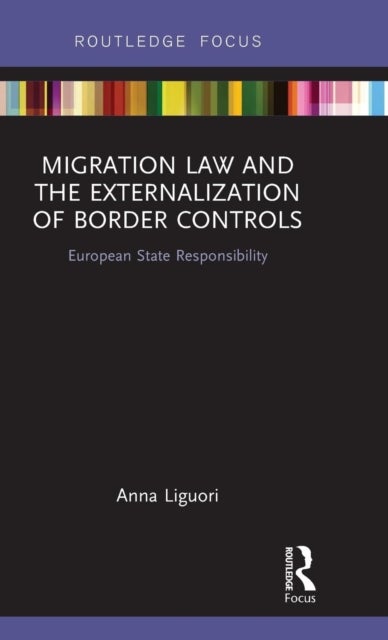
Migration Law and the Externalization of Border Controls av Anna Liguori
649,-
<P>Over the last few decades, both the European Union and European States have been implementing various strategies to externalize border controls with the declared intent of saving human lives and countering smuggling but with the actual end result of shifting borders, circumventing international obligations and ultimately preventing access to Europe. What has been principally deplored is the fact that externalizing border controls risks creating ¿legal black holes¿. Furthermore, what is particularly worrying in the current European debate is the intensification of this practice by multiple arrangements with unsafe third countries, exposing migrants and asylum seekers to serious human rights violations.</P><P></P><P>This book explores whether European States can succeed in shifting their responsibility onto Third States in cases of human rights violations. Focusing, in particular, on the 2017 Italy-Libya Memorandum of Understanding, the book investigates the possible basis for trigger








